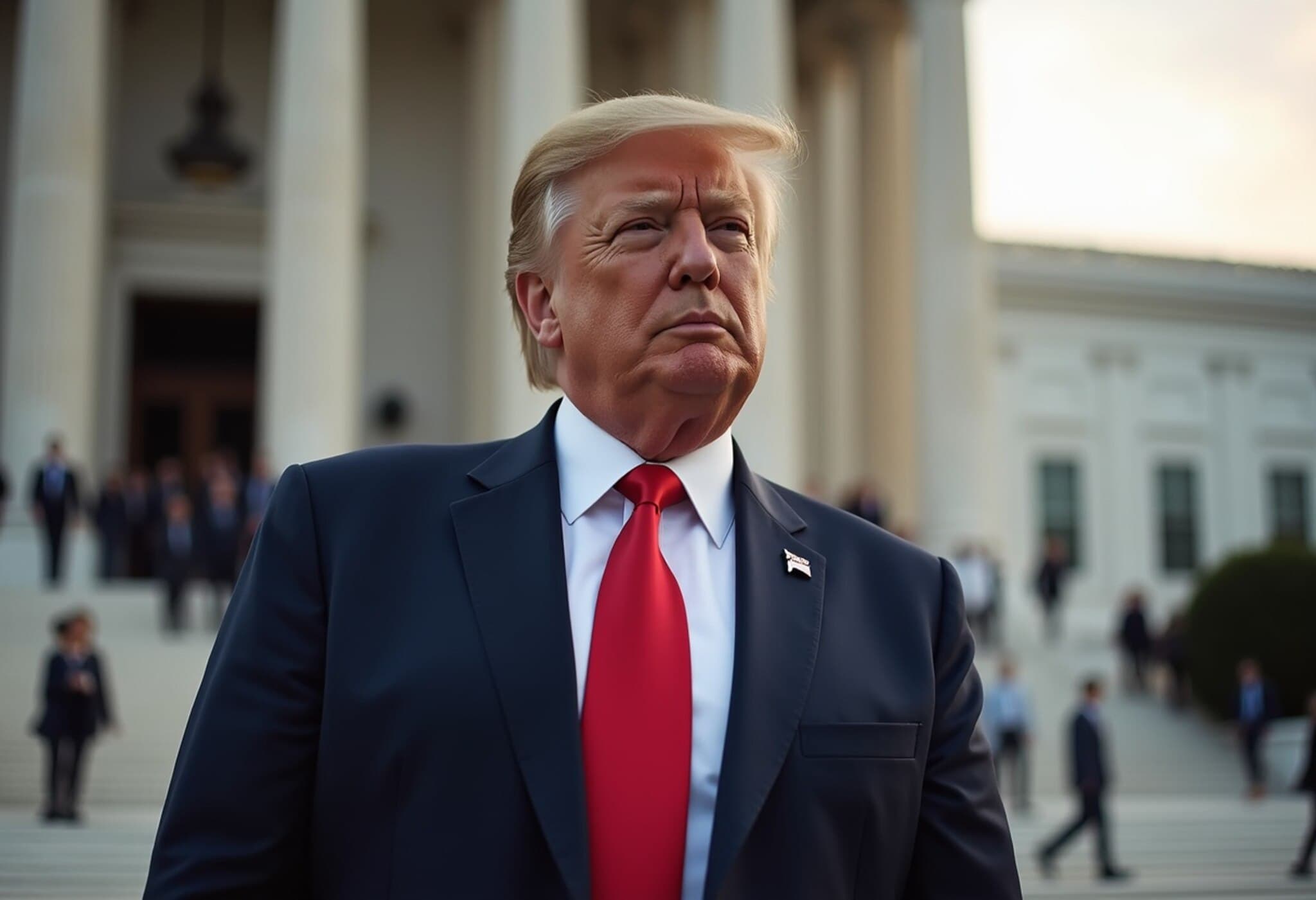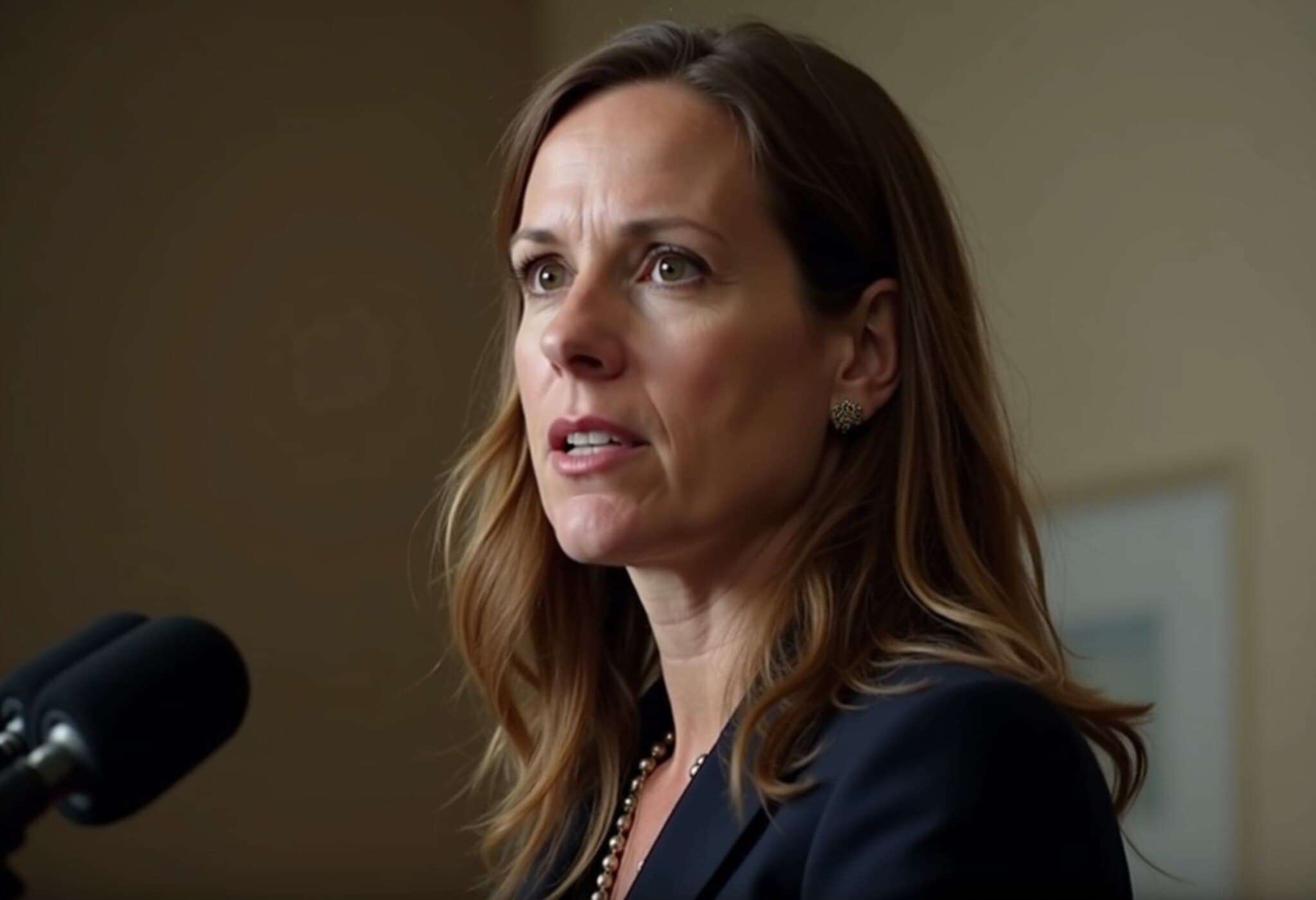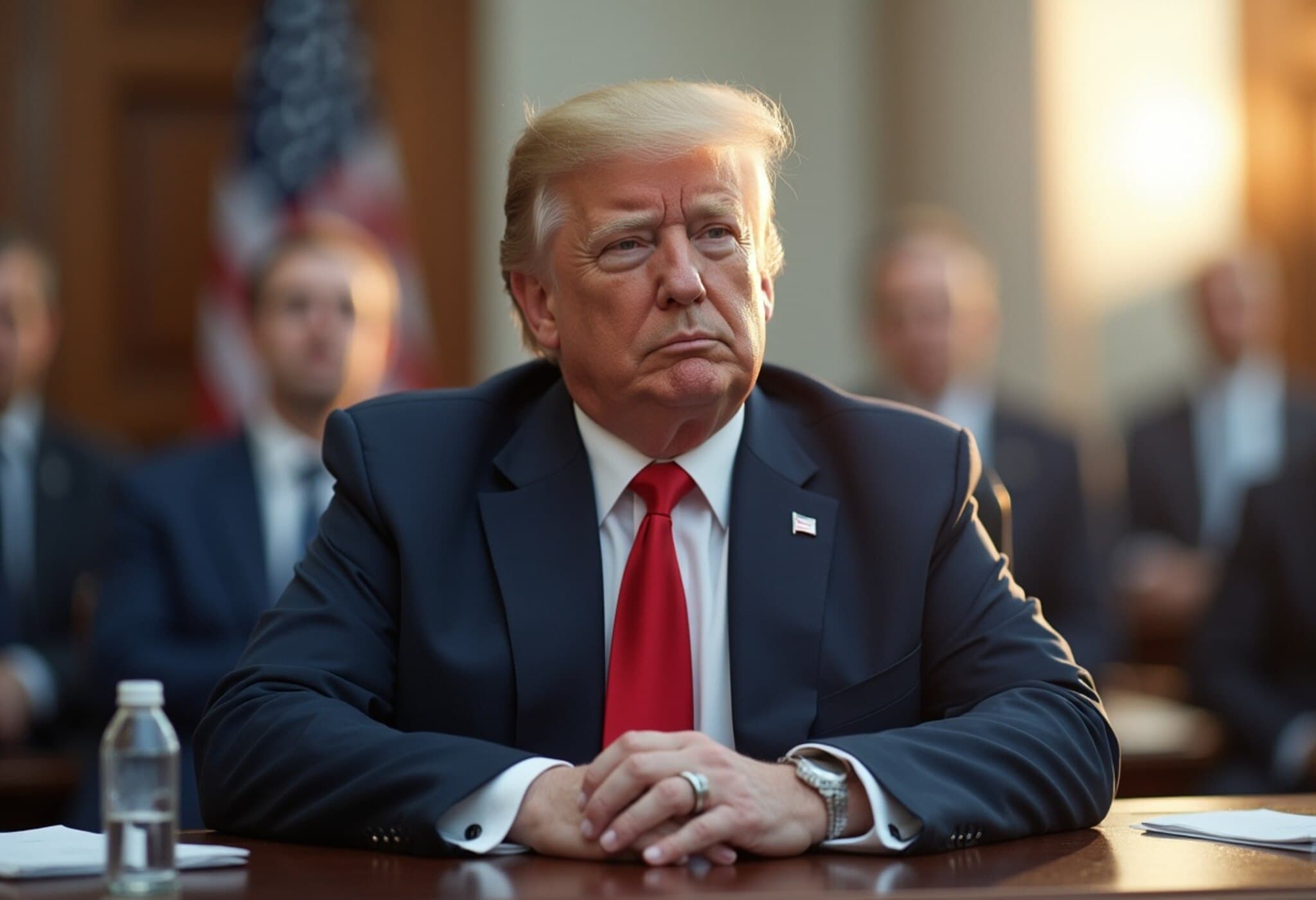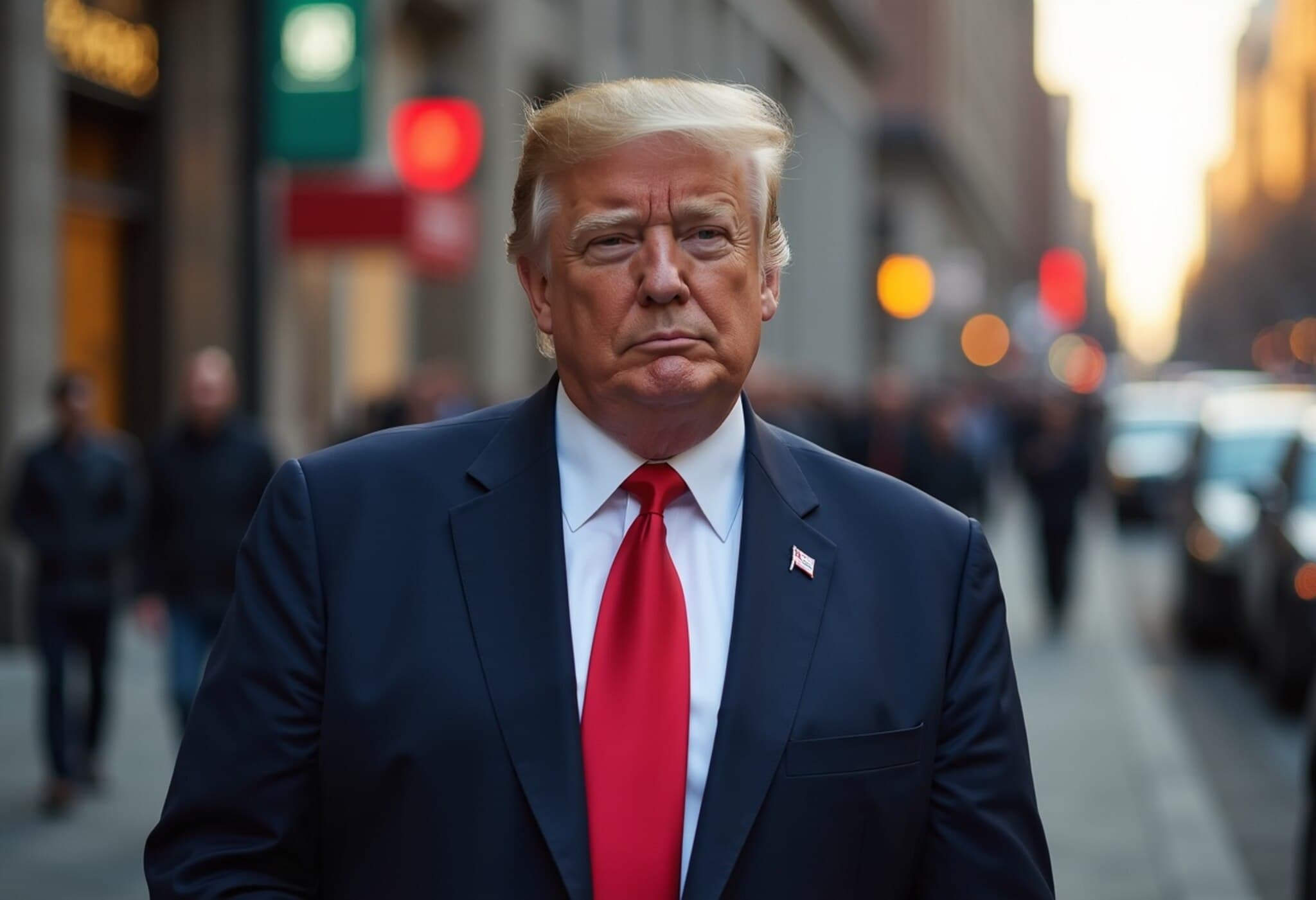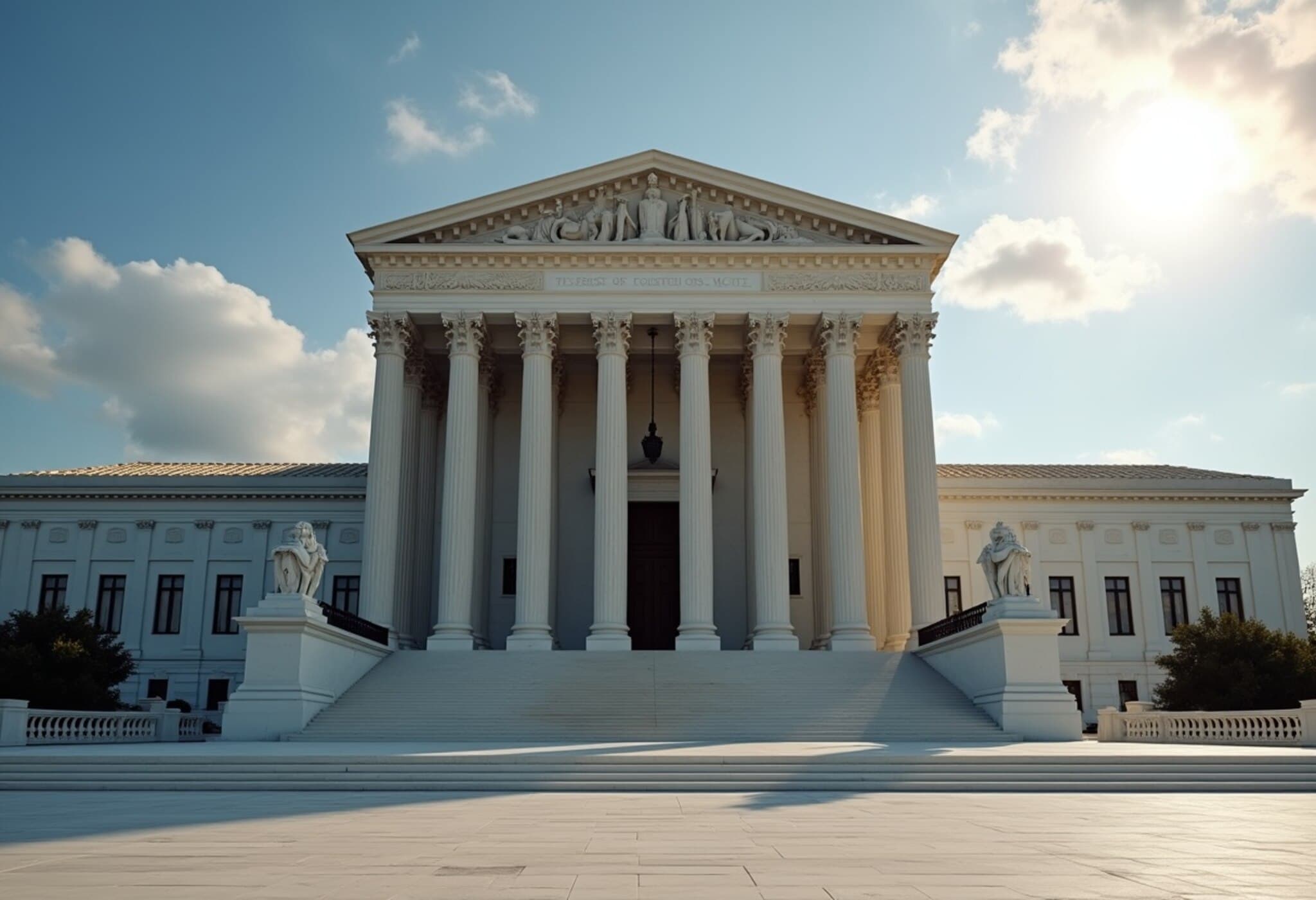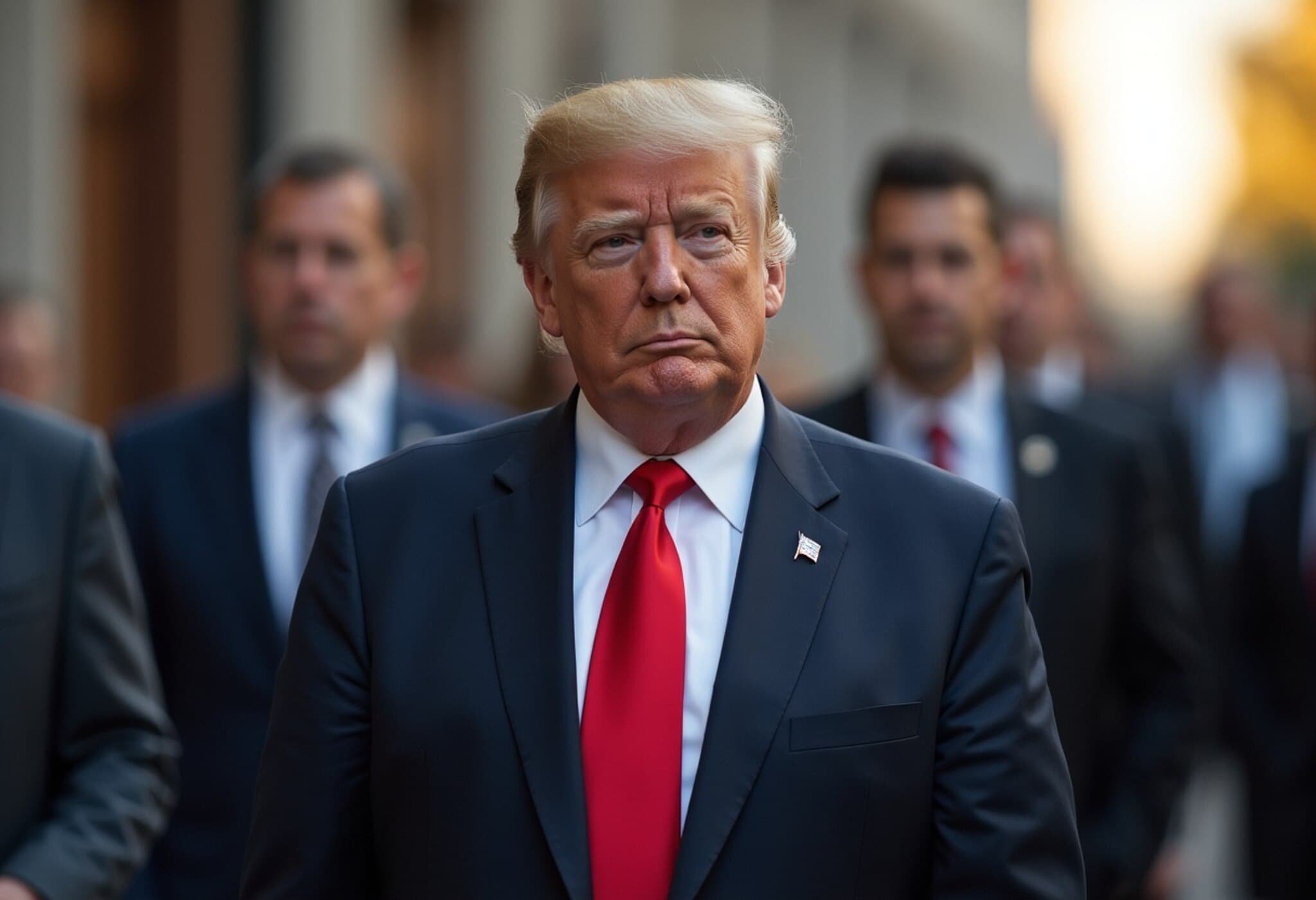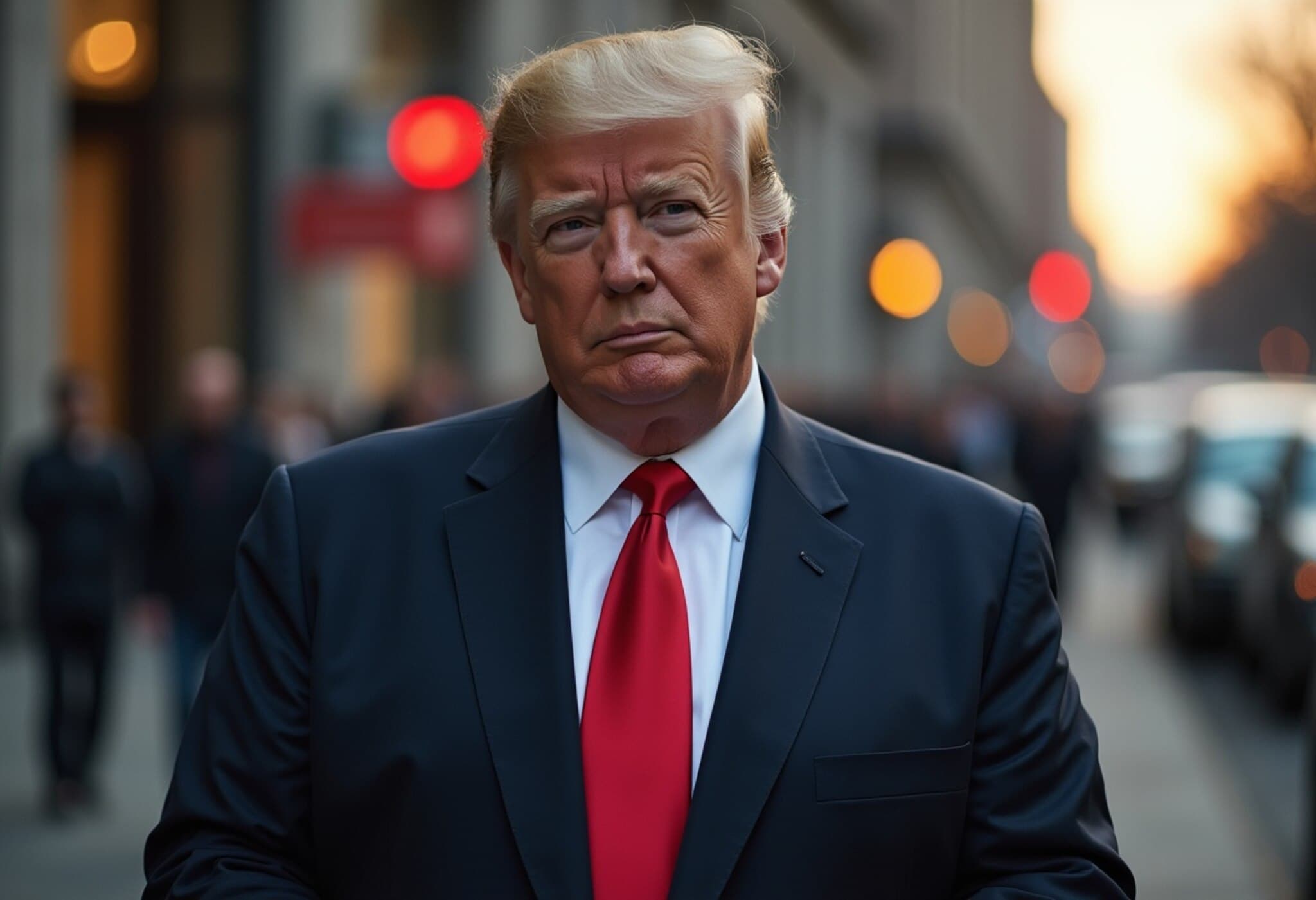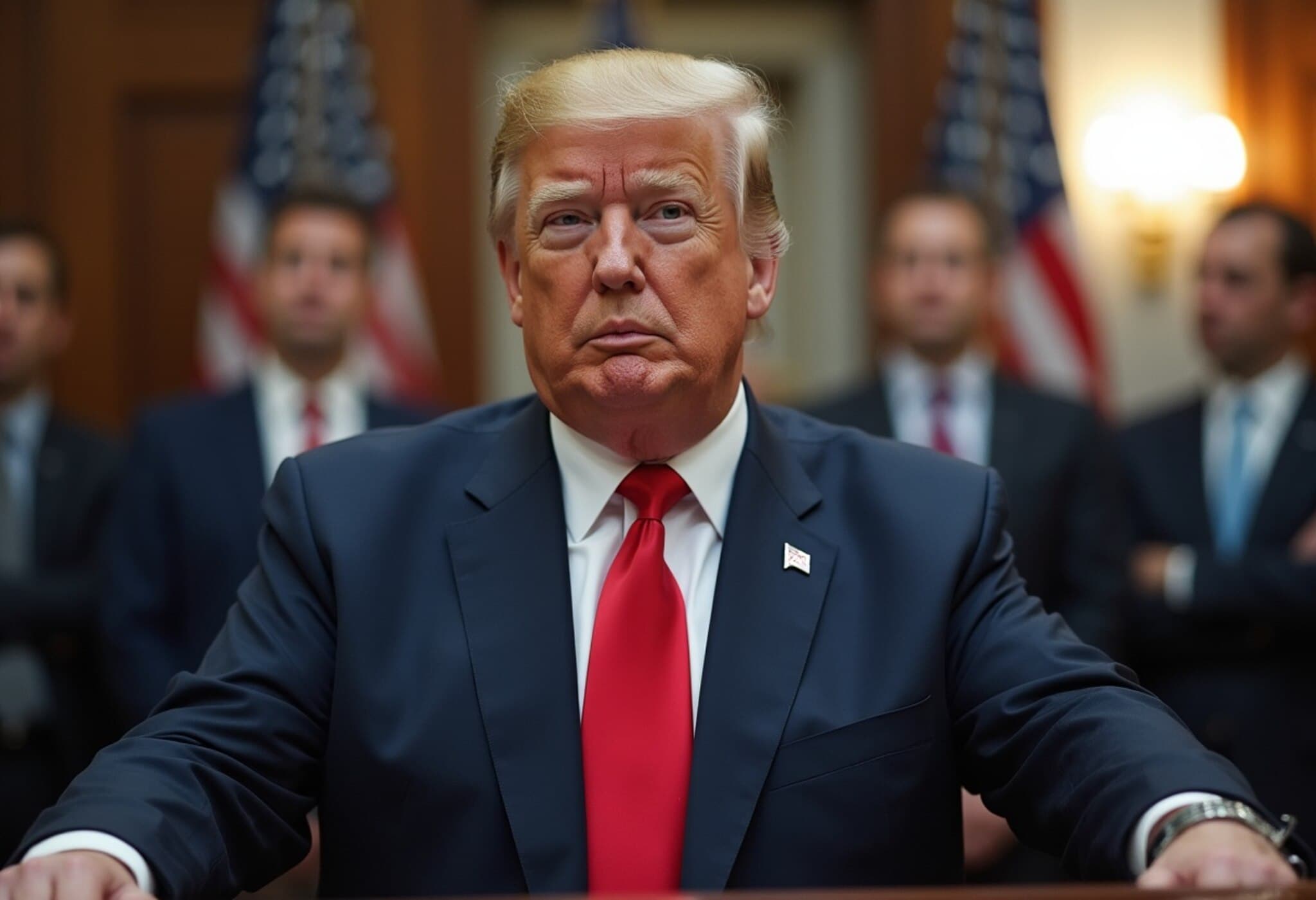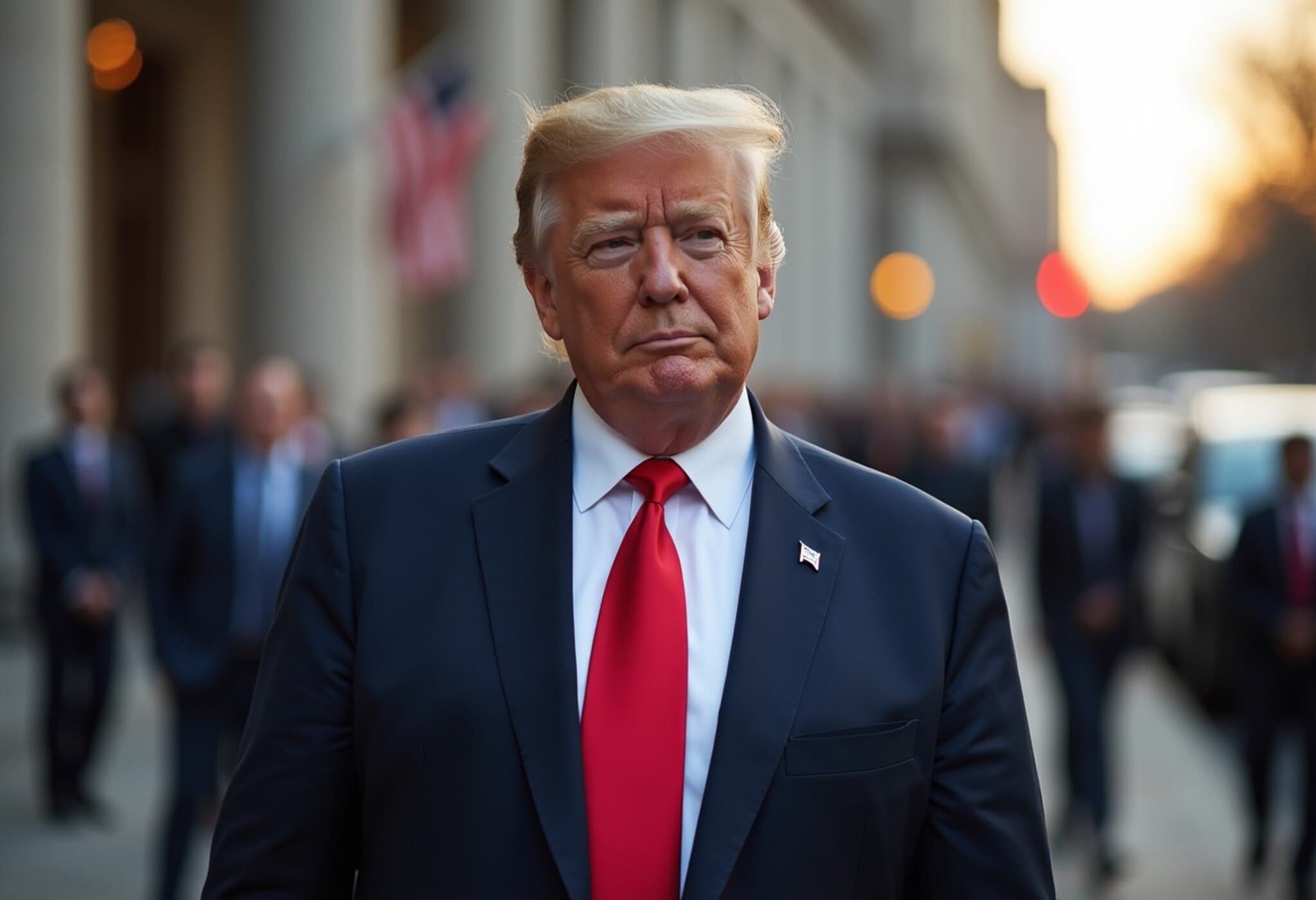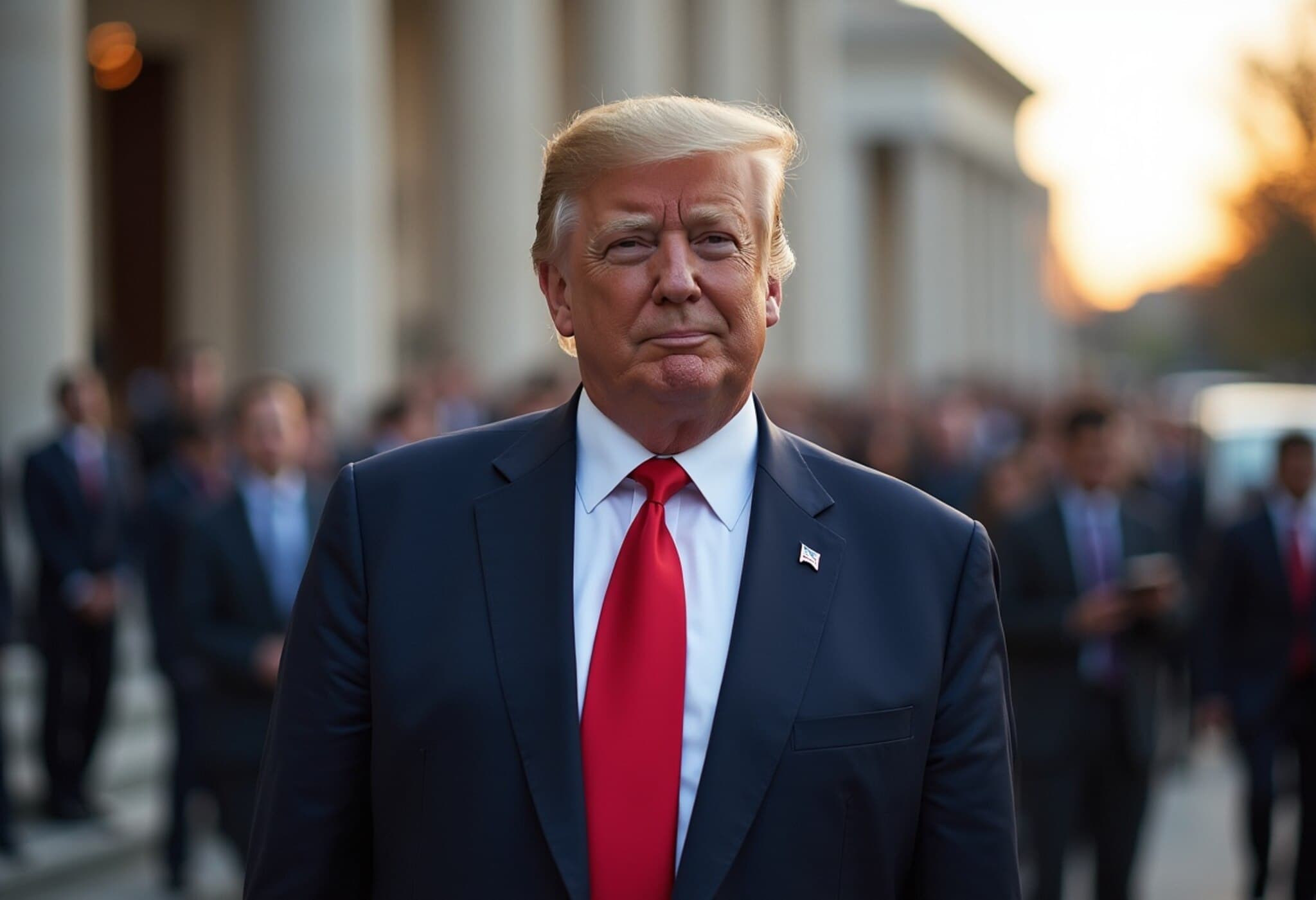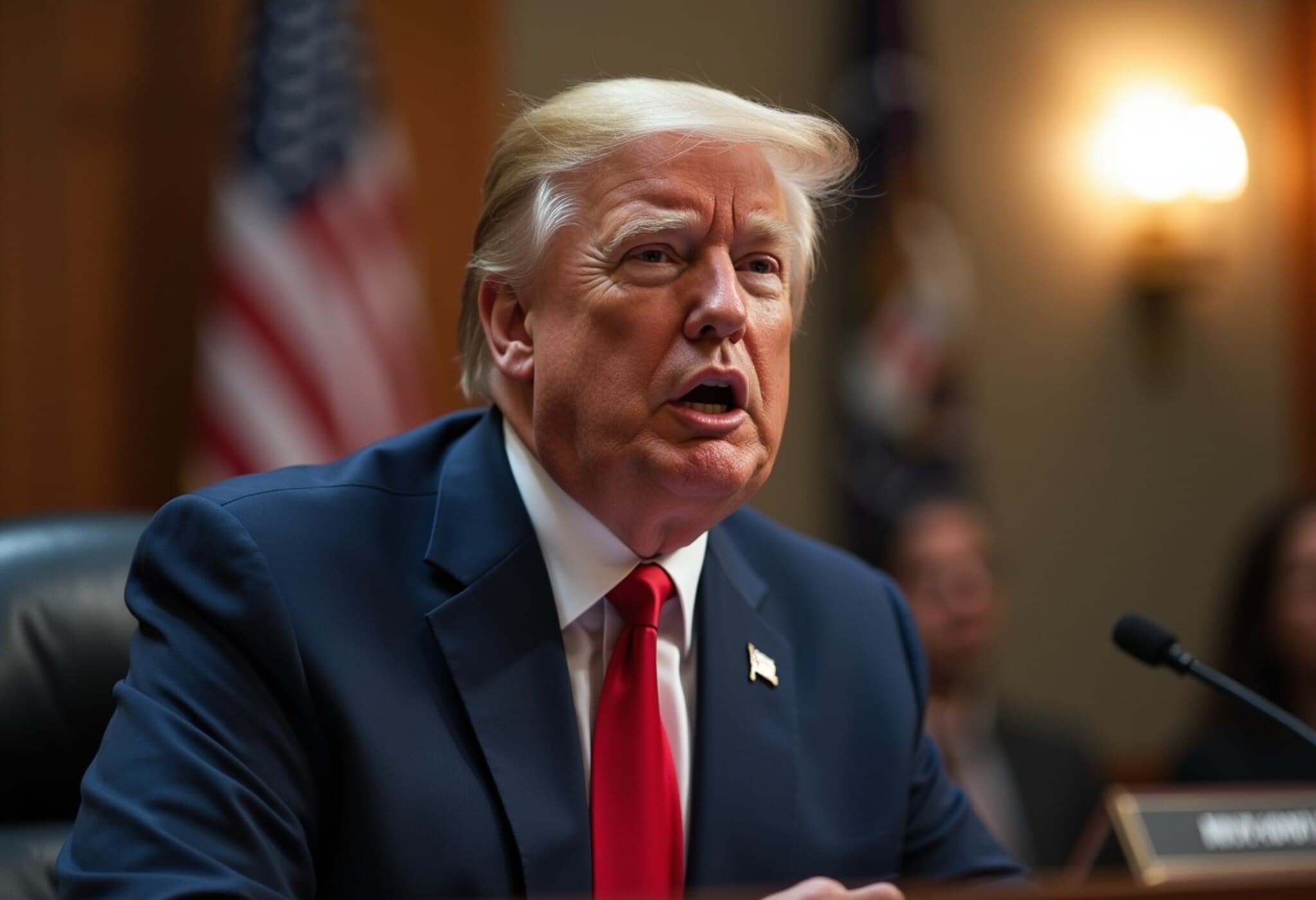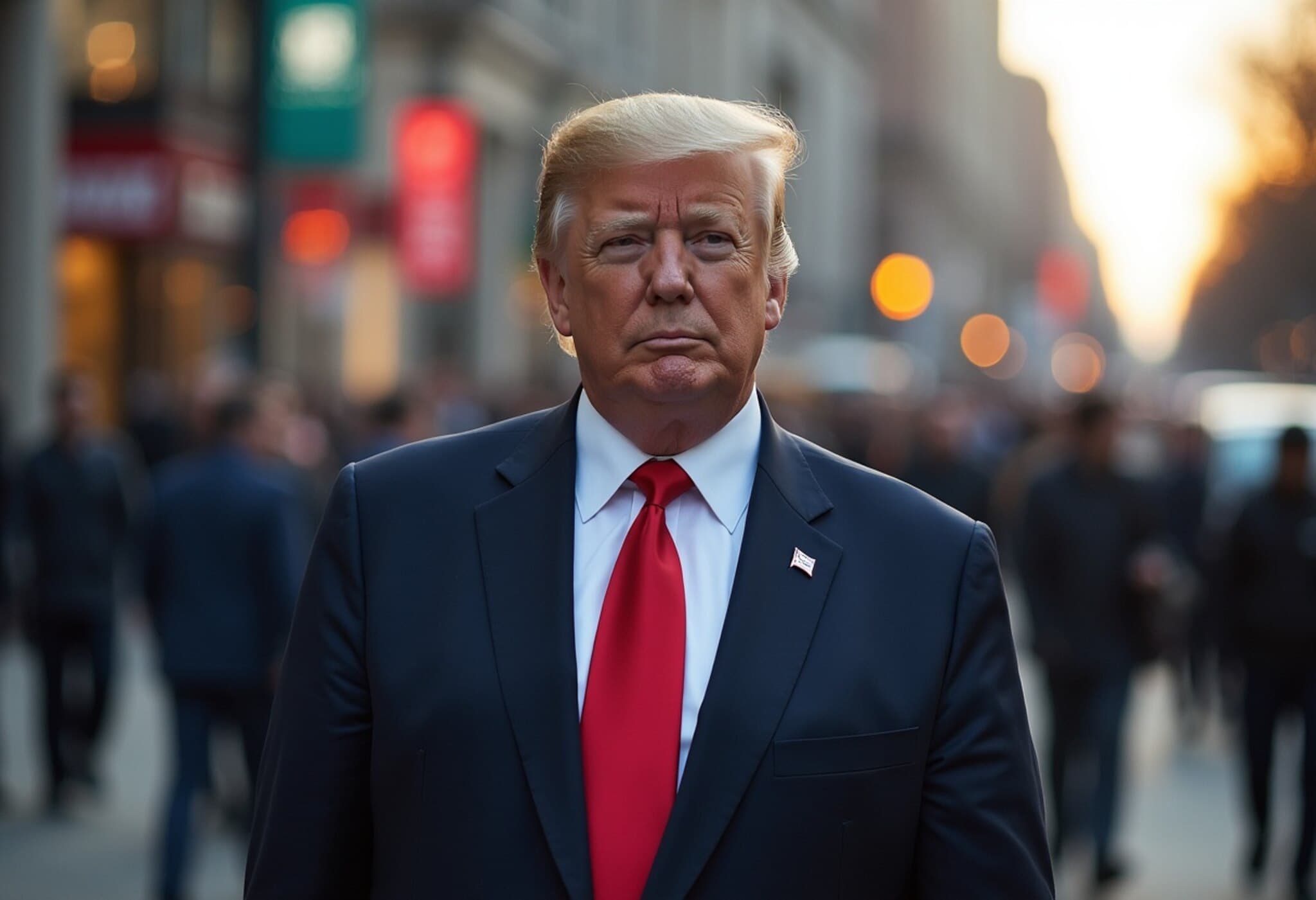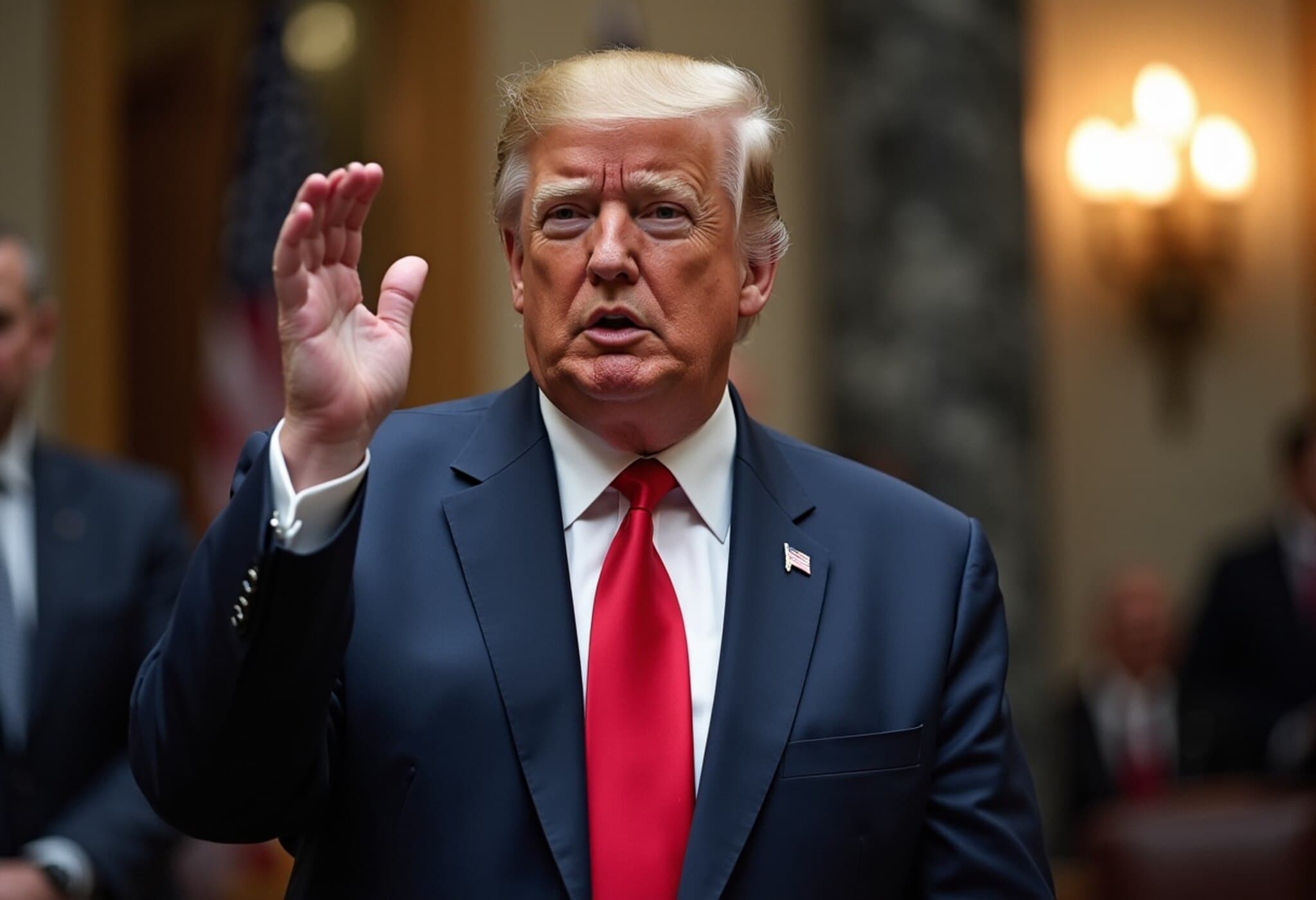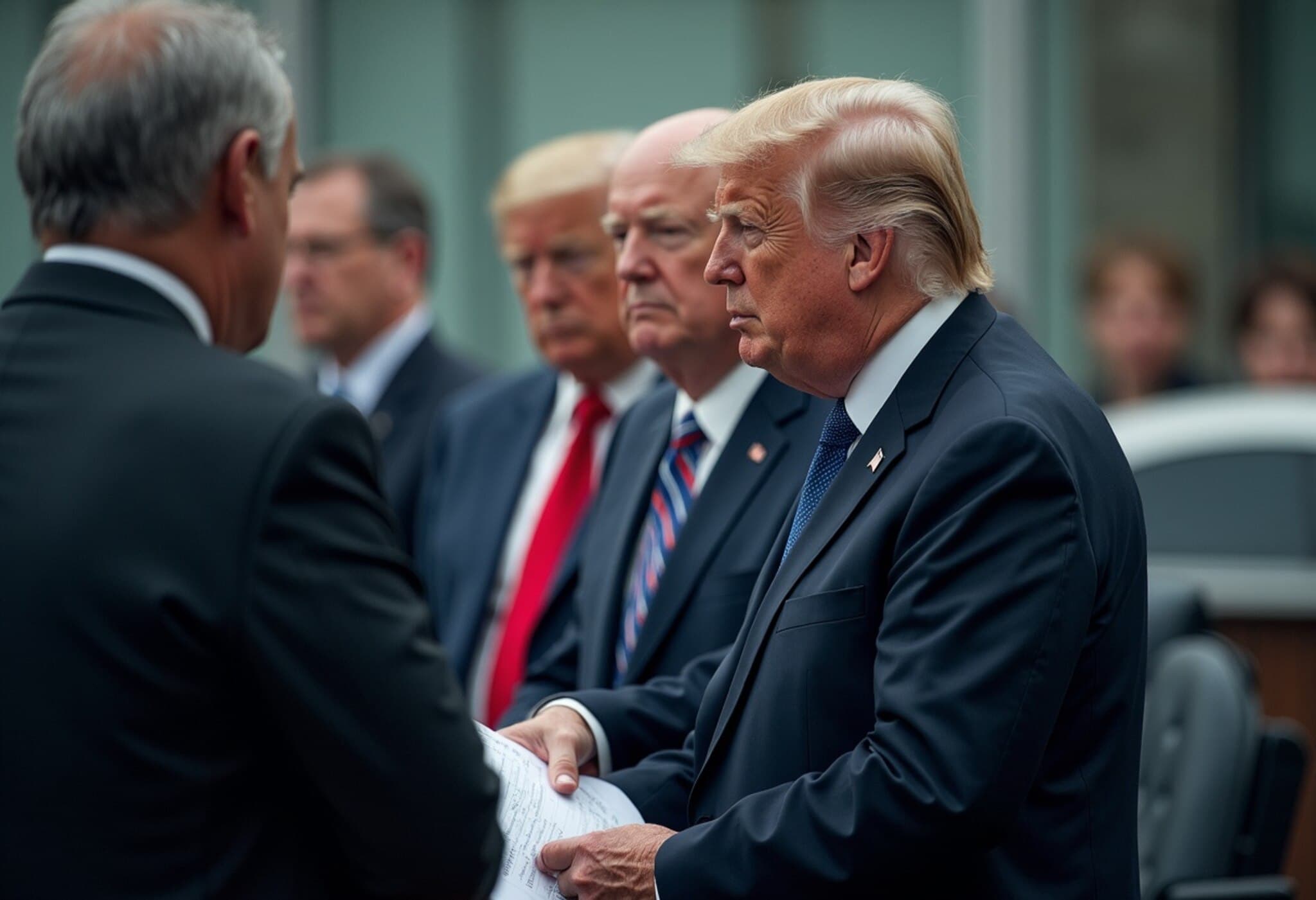Supreme Court Restricts Nationwide Injunctions in Trump's Birthright Citizenship Dispute
On June 27, 2025, the U.S. Supreme Court issued a pivotal 6-3 decision curbing the federal judiciary's power to issue nationwide injunctions — judicial orders that prevent the enforcement of policies across the entire country pending litigation. This decision notably impacts President Donald Trump's executive order aimed at ending birthright citizenship for children born in the U.S. to parents residing illegally or temporarily.
A Significant Win for the Trump Administration
The ruling, authored by Justice Amy Coney Barrett, marks a crucial victory for the Trump administration, restricting courts from issuing sweeping nationwide blocks on executive policies. Though the case centered around Trump’s controversial executive order, the Court did not settle the constitutionality of the order itself, leaving that question for lower courts to address.
President Trump hailed the outcome as an "amazing decision" that curbs what he and others have criticized as overreach by district courts through the frequent issuance of nationwide injunctions.
What Are Nationwide Injunctions?
Nationwide injunctions have become a powerful tool for lower courts, allowing them to halt the implementation of federal policies on a broad scale, often affecting parties beyond the immediate litigants. However, critics argue that this practice disrupts the separation of powers and hampers the executive branch's ability to enact policy.
This legal mechanism has often been used to challenge Trump's immigration measures, including his attempts to deport certain migrants and restrict transgender individuals from military service.
Implications for Birthright Citizenship and Future Litigation
Though the Supreme Court limited the scope of nationwide injunctions, the ruling leaves open alternate legal routes to challenge policies. Notably, class-action lawsuits — where plaintiffs sue on behalf of a group similarly affected by a policy — remain viable avenues for seeking broad judicial relief.
Shortly after the ruling, groups opposing Trump's birthright citizenship order filed class-action lawsuits aiming to secure nationwide blocks through certification of a class of affected individuals.
Moreover, several states that have challenged the executive order have indicated their intent to continue litigation, arguing that nationwide injunctions may still be necessary to prevent policy chaos and uphold constitutional rights uniformly across state lines.
Legal and Constitutional Debate Over Birthright Citizenship
Birthright citizenship, established by the 14th Amendment, grants citizenship to anyone born on U.S. soil, regardless of their parents’ immigration status. This principle has stood for more than 150 years and was reaffirmed by key Supreme Court decisions such as United States v. Wong Kim Ark (1898).
Trump's executive order seeks to reinterpret the phrase "subject to the jurisdiction thereof" within the 14th Amendment to exclude children born to undocumented or temporary residents. However, multiple federal judges have ruled the order unconstitutional, issuing injunctions blocking its enforcement.
The Supreme Court’s recent ruling did not weigh in on these constitutional questions, focusing solely on the procedural issue of injunction scope.
Liberal Justices’ Dissent: Concerns Over Executive Overreach
The Court’s three liberal justices dissented strongly, warning that the decision could embolden the executive branch to bypass constitutional limits and enforce unlawful policies unchecked while litigation proceeds.
Justice Sonia Sotomayor described the ruling as an invitation for the government to skirt the Constitution, and Justice Ketanji Brown Jackson expressed concern about the erosion of the rule of law and the potential for unchecked executive power.
The Road Ahead
Lower courts will now play a crucial role in interpreting how relief can be granted in immigration and other cases challenged under this new legal landscape. While nationwide injunctions have been restricted, the legal battle over birthright citizenship and related immigration policies is far from over.
States and advocacy groups remain determined to contest and block the executive order through class-action lawsuits and other means, setting the stage for continued judicial scrutiny. Ultimately, the Supreme Court may revisit the substantive constitutional issues surrounding birthright citizenship in future sessions.

